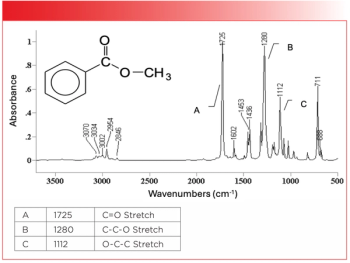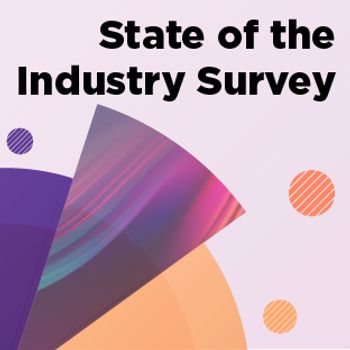
WITec GmbH Expands Ulm Headquarters Building
Raman imaging manufacturer WITec (Ulm, Germany) is expanding its headquarters building.
Raman imaging manufacturer WITec (Ulm, Germany) is expanding its headquarters building. The expansion creates more office space for production and quality assurance, laboratories for development and customer demonstrations or sample measurements, larger conference rooms, and greater logistical capability. Completed, the new addition will double the amount of space at WITec’s Ulm location.
“Our headquarters was purpose-built to encourage cross-departmental interaction, from development through shipping, and it's had a very positive effect on the dynamics and performance of ourcompany,” Olaf Hollricher, the co-founder and managing director of research and development at WITec said in a statement, explaining that the expansion “will allow WITec to scale up while adhering to this concept.”
Construction of the WITec’s additional space will continue through 2020, with an anticipated opening toward the end of 2021.
Newsletter
Get essential updates on the latest spectroscopy technologies, regulatory standards, and best practices—subscribe today to Spectroscopy.





